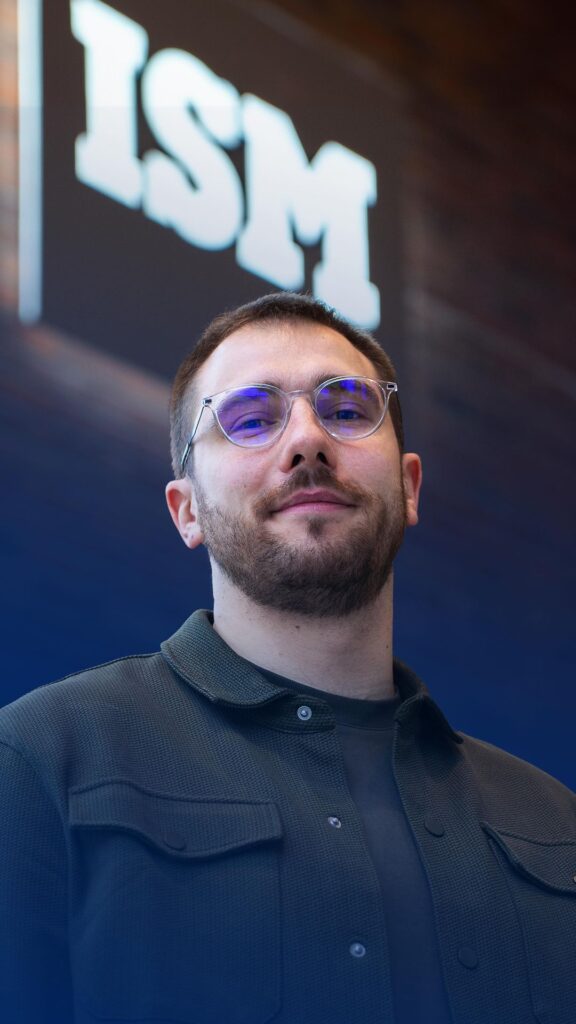Verslumas ir inovacijos
Eksperimentuosi ir mokysiesi per savo patirtį, iš arti susipažinsi su technologijų pasauliu ir, svarbiausia, atrasi jame savo vietą. Po bakalauro studijų galėsi įkurti savo startuolį arba žengsi karjeros laiptais inovatyviose įmonėse.

Susipažink su studijų programa iš arčiau


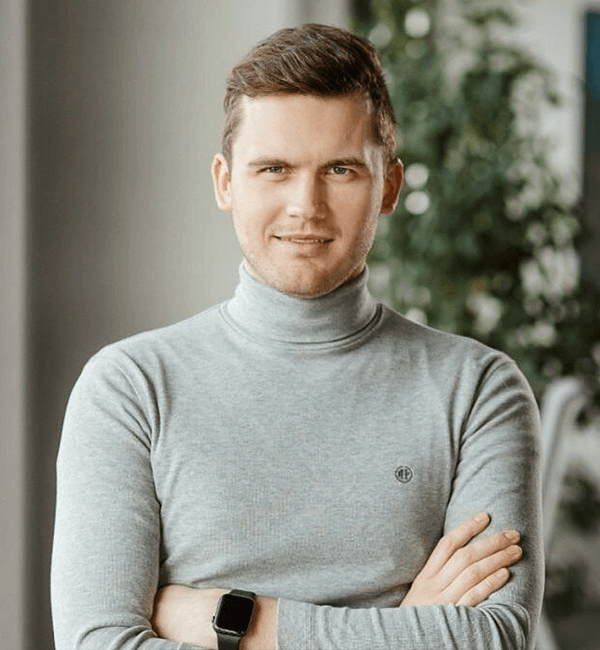





Programos struktūra
Ką išmoksiu?
Ką išmoksiu?
Ką išmoksiu?
Mokomieji dalykai
Ką išmoksiu?
Ką išmoksiu?
Ką išmoksiu?
Kuo galėsiu būti?
Kurti savo startuolį
Kurti ir vadovauti verslui
Produkto vadovu
Marketingo vadovu
Projektų vadovu
Verslo konsultantu
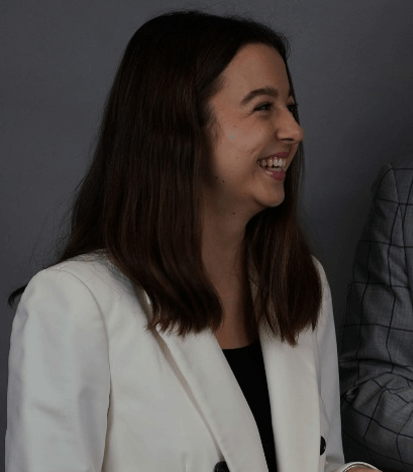
Programos išskirtinumai
Galimybės užsienyje
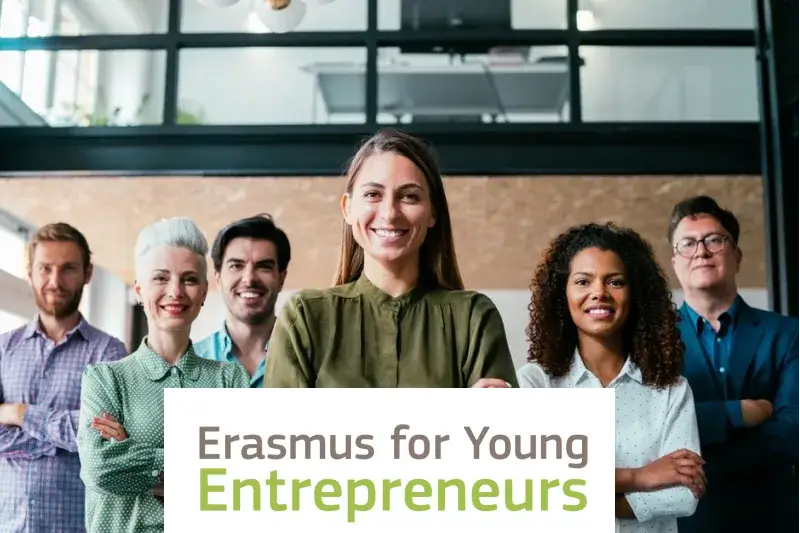
Erasmus for Young Entrepreneurs
Verslumo ir inovacijų programos studentams yra prieinama tarptautinė verslo mentorystės programa „Erasmus for Young Entrepreneurs“ pasirinktoje užsienio valstybėje ir finansinė paramaKiekvienas programos studentas turės galimybę dalyvauti tarptautinėje verslo mentorystės programoje „Erasmus for Young Entrepreneurs“ pasirinktoje užsienio valstybėje ir gauti šiai kelionei finansinę paramą. Bendradarbiaujame su Change Makers On organizacija, kuri yra viena iš šios programos vykdytojų ir pasirašėme sutartį, jog visi studentai turėtų tokią galimybę.
Studentai galės pasirinkti šalį ir įmonę/priimančią organizaciją ar mentorių, pas kurį vyksta (jie turės atitikti reikalavimus, kad nenuskristų ten nešioti kavos) ir tam bus skiriami nuo 600 iki 800 eur. Skrydžio bilietams + 1000 eur pragyvenimo išlaidoms/mėnesiui (ilgiausias galimas mentorystės laikas – 3mėn.).
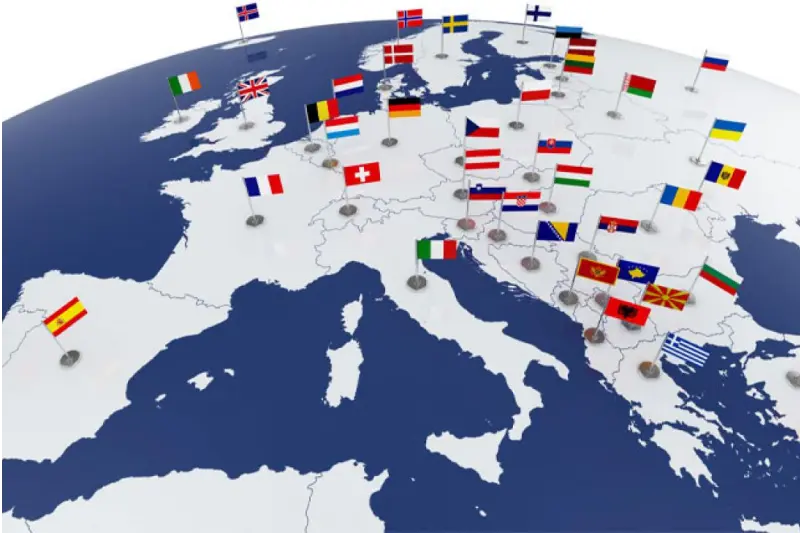
100+ universitetų mainų partnerių visame pasaulyje
Mainų galimybės įvairiuose pasaulio universitetuose iš kurių trečdalis turi bent vieną prestižinę verslo universitetų akreditaciją (AACSB, EQUIS, AMBA)Kaip tai vyksta? Kiekvieną semestrą gali rinktis universitetą, kuris yra ISM partneris ir dalyvauji atrankoje. Sėkmingai praėjus atranką, kitą semestrą išvyksti į mainų programą.
Kiek tai kainuoja? Tai nieko papildomai nekainuoja. Moki įprastą studijų kainą.
Kiek laiko trunka? Mainų semestras trunka apie 5 mėnesius
Ką turiu padaryti, norėdamas dalyvauti mainų programoje? Turi mokytis taip, kad neturėtum daugiau nei vienos skolos.
Naujienos ir renginiai
Atsakymų mes neieškojome, o kurdavome savo sprendimus. Tai privedė mane iki studijų Pietų Korėjoje, Japonijoje bei bendraįkūrėjo pozicijos sėkmingame biotechnologijų startuolyje.

Studijos ISM - prieinamos kiekvienam
Kainos, finansavimas ir priėmimas
Investicijos į studijas atsiperka
Finansavimo galimybės
D.U.K.
Kokiais etapais vyksta priėmimas į ISM universitetą?
Kuo ypatingas išankstinis priėmimas ir kodėl turėčiau stoti per jį?
Kokius egzaminus turiu išlaikyti, norint įstoti į ISM?
Kas yra Valstybės studijų stipendija (vnf/st)? Ką turiu daryti, jog ją gaučiau?
Mokyklą baigiau užsienyje. Ar galiu stoti į ISM?
Ar galiu įstoti į ISM, jei jau studijavau kitame universitete?
Kokios yra ISM universiteto praktikos galimybės?
Kokia kalba vyks paskaitos ISM universitete?
Ar galima stoti į išlyginamąsias studijas po kolegijos?
Kitos bakalauro studijų programos
Svarstai apie bakalauro studijas?


















